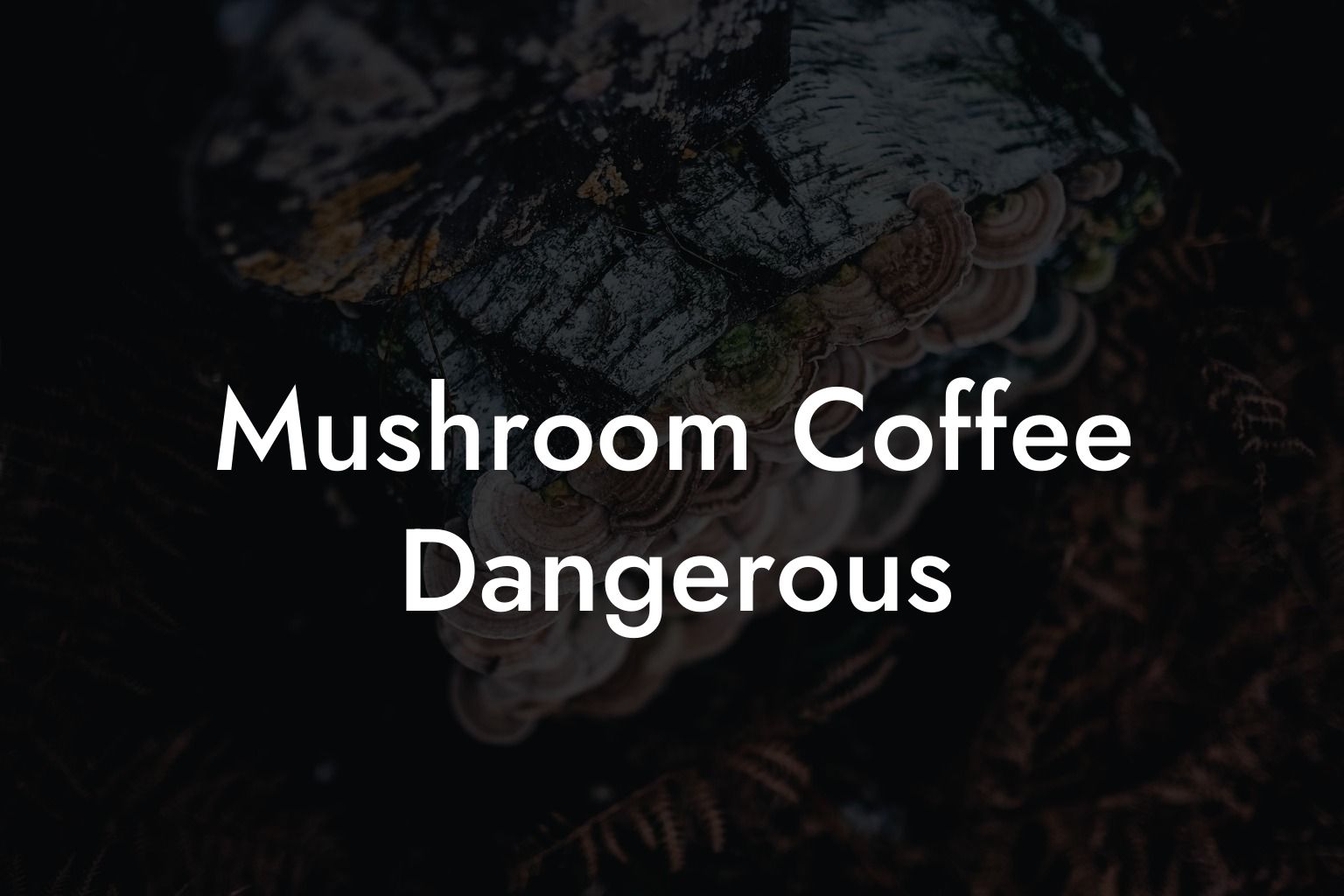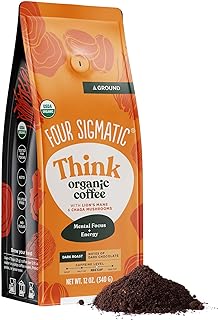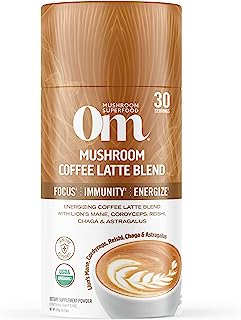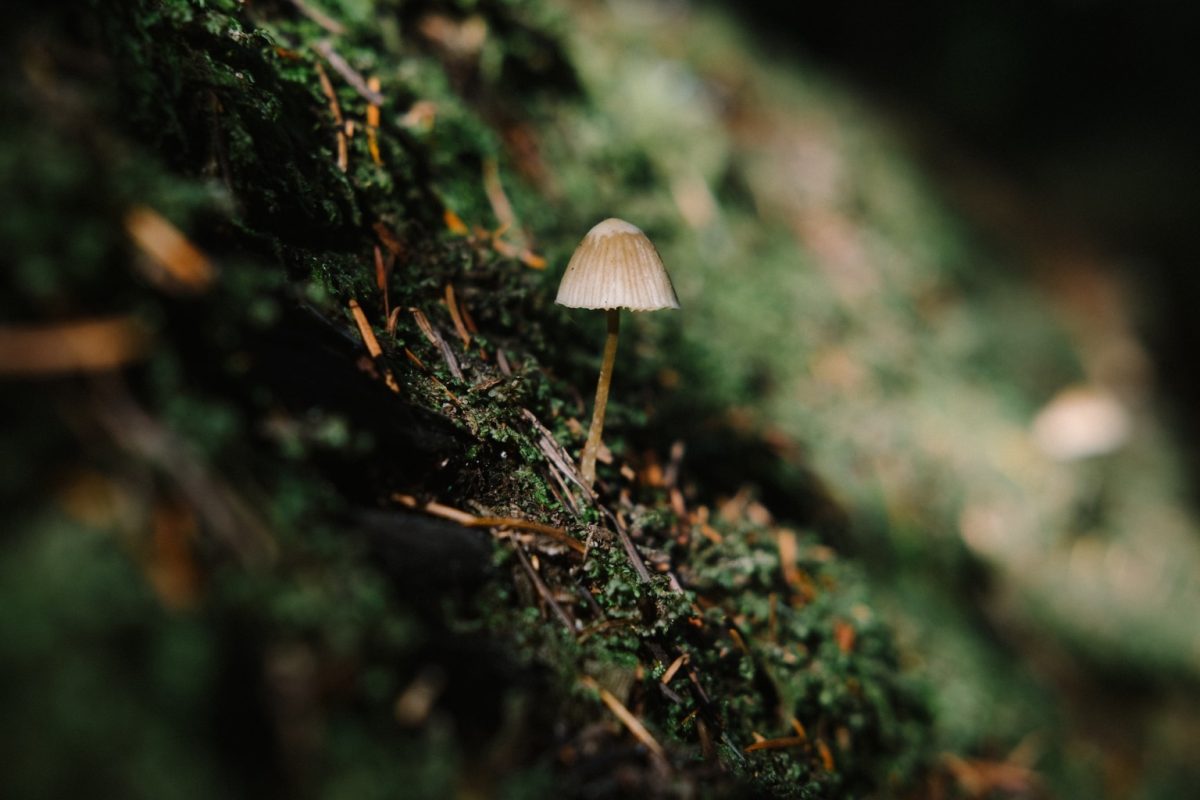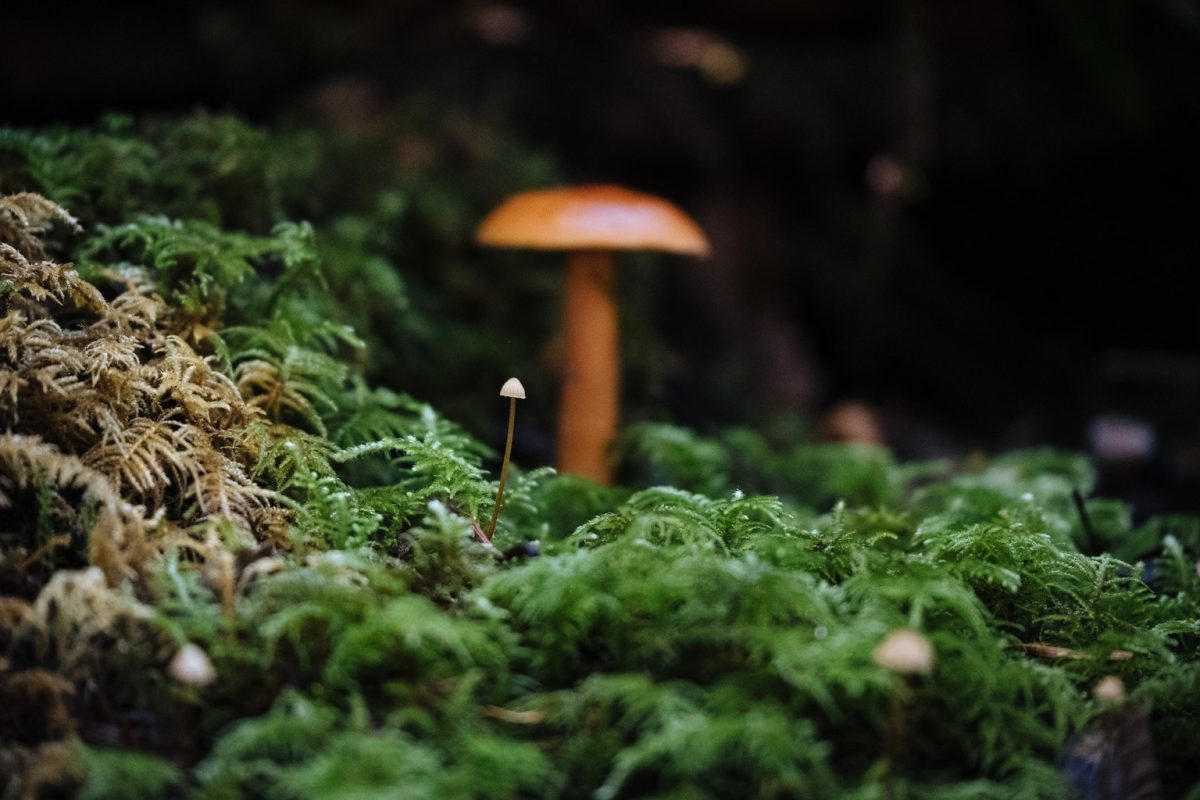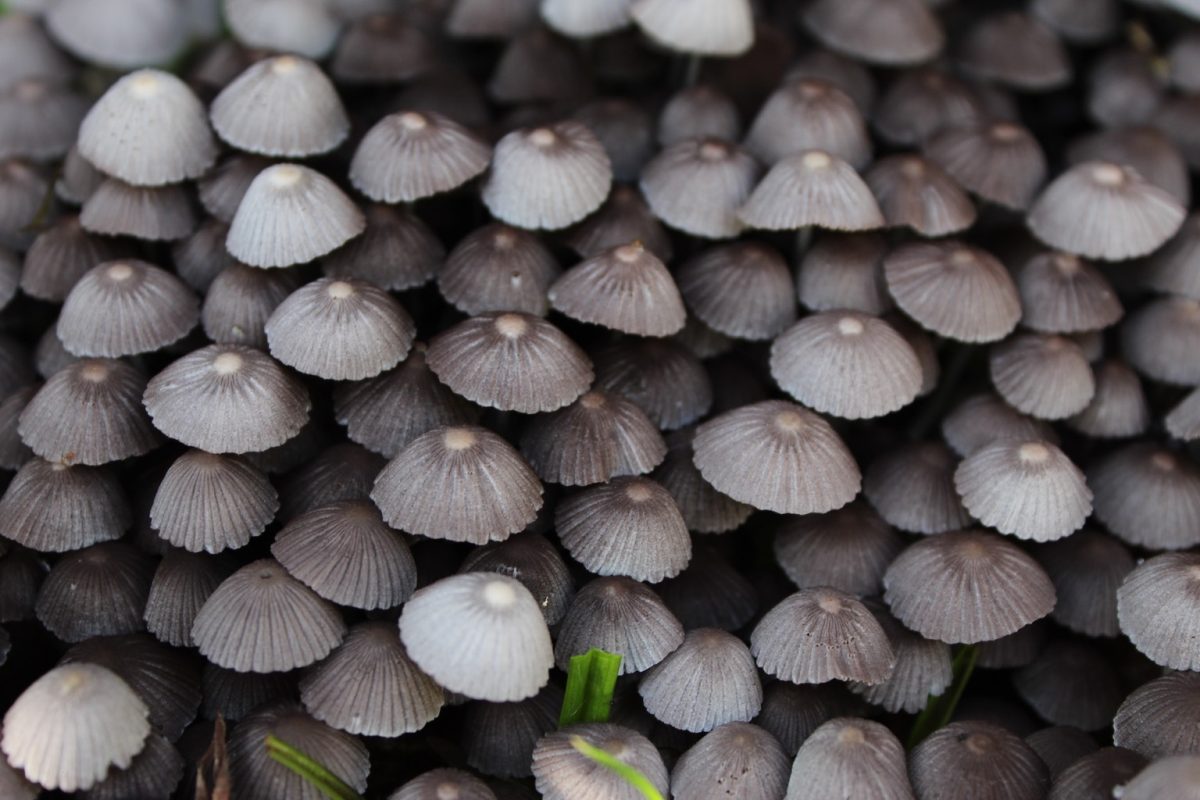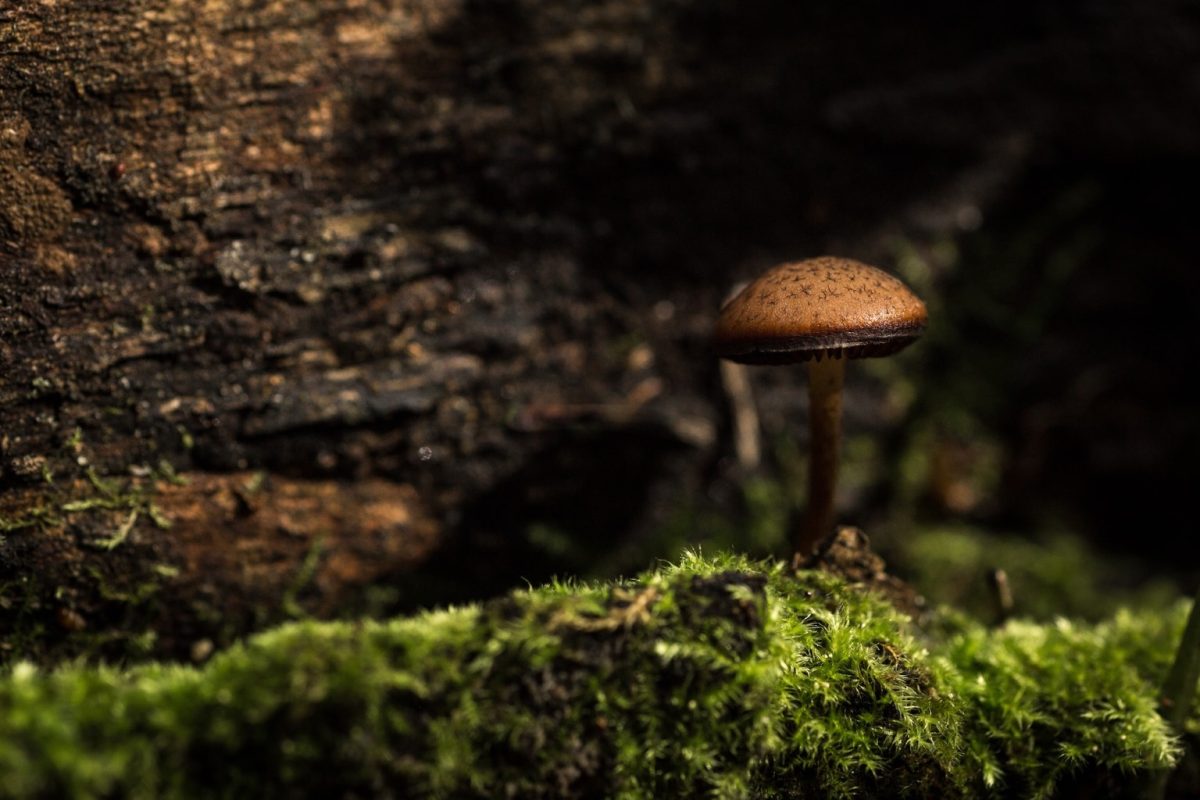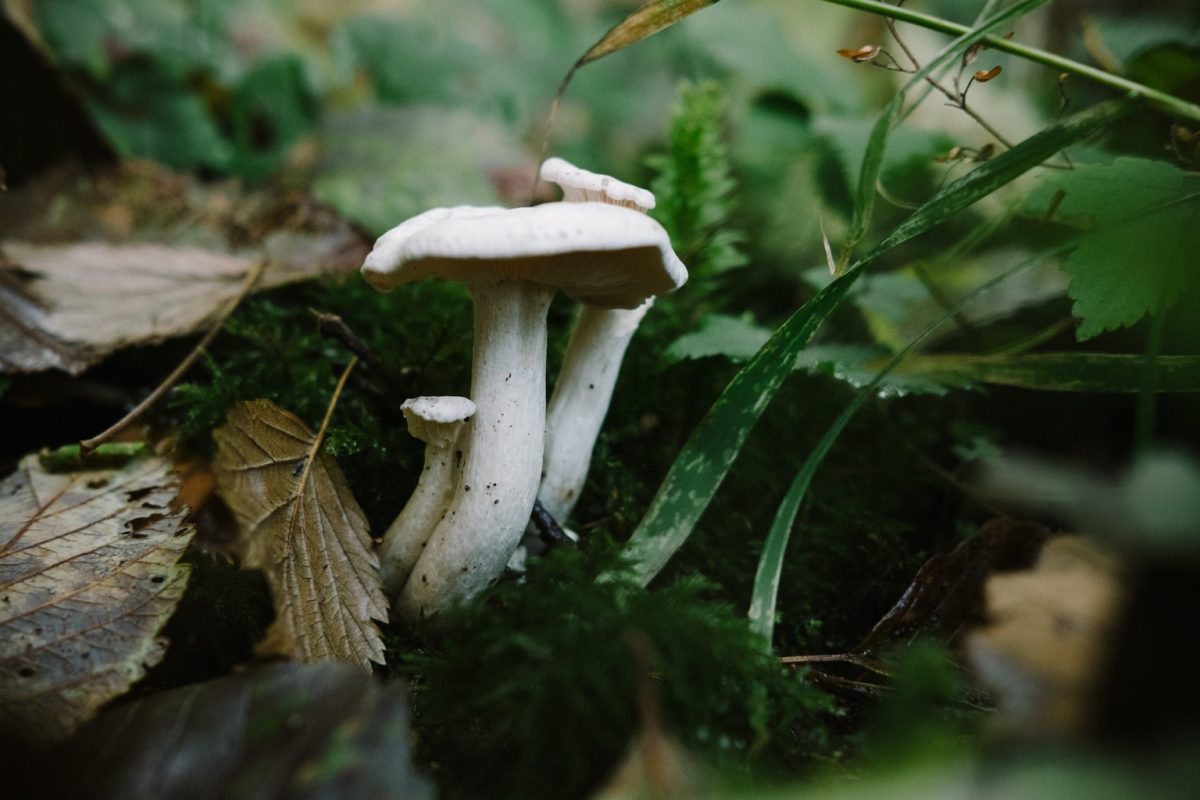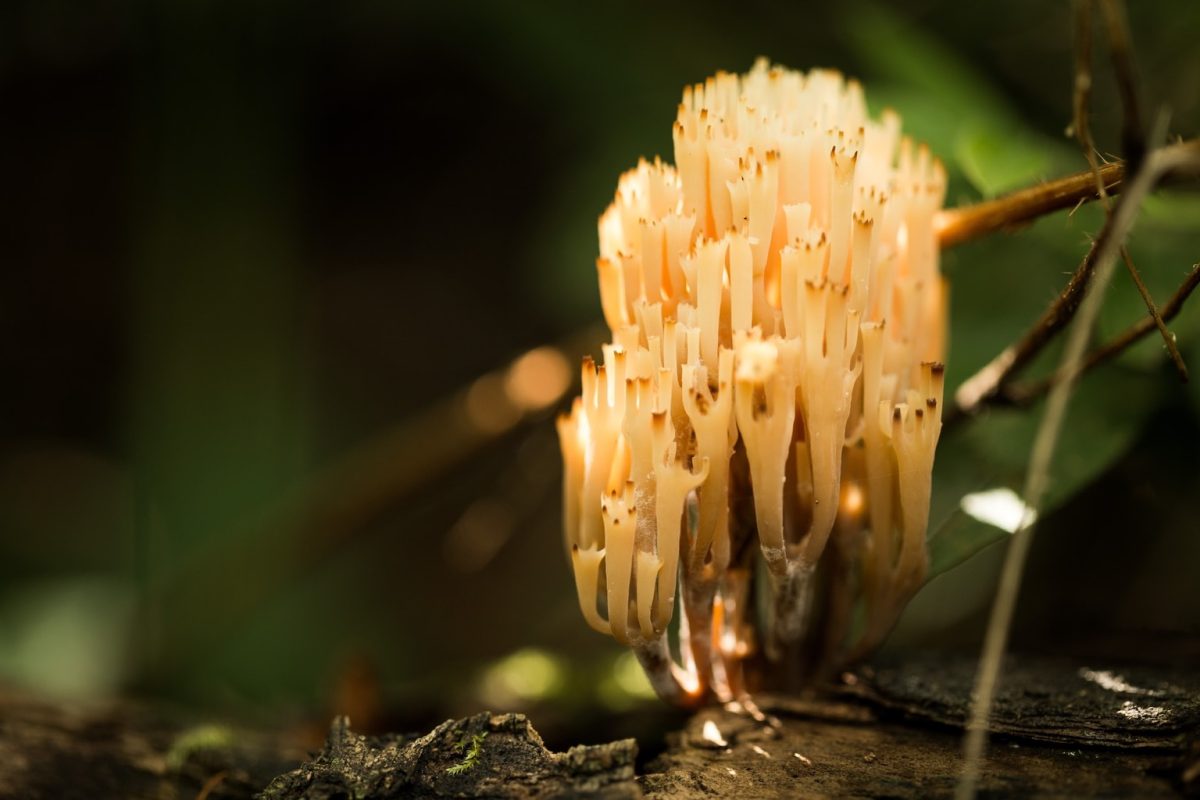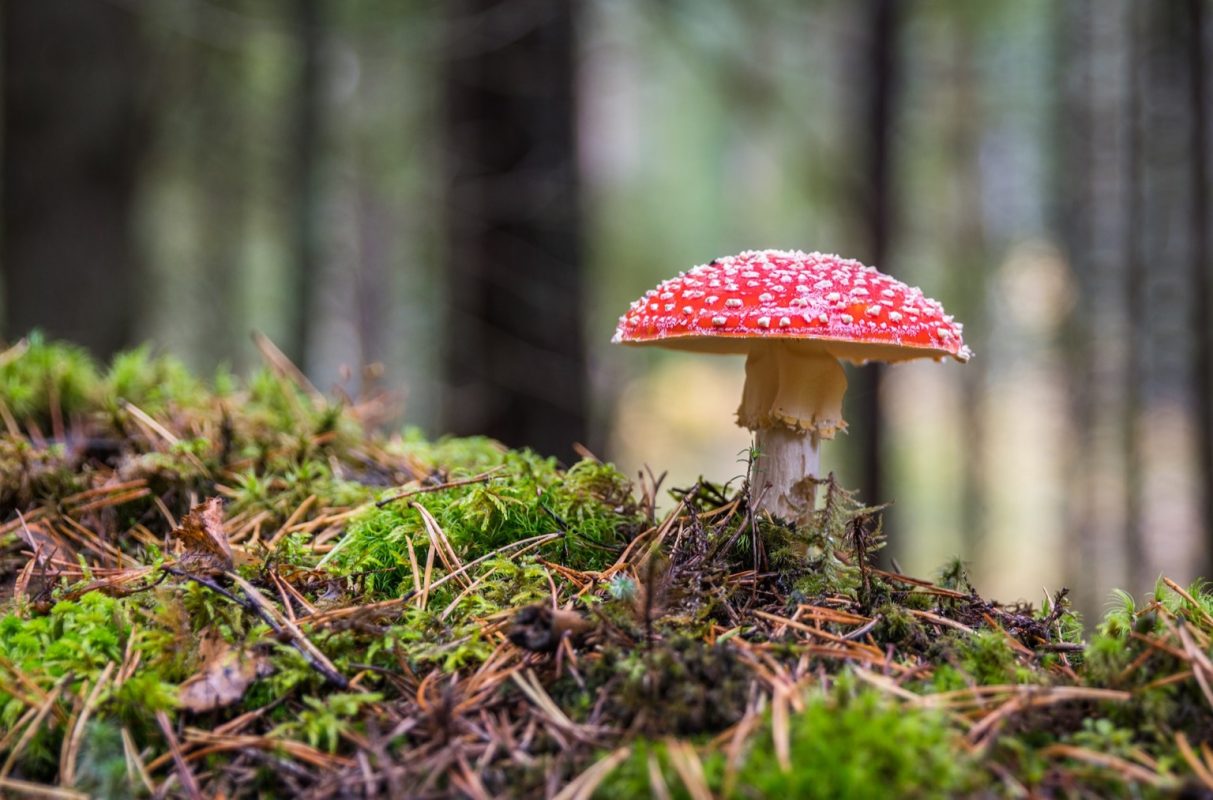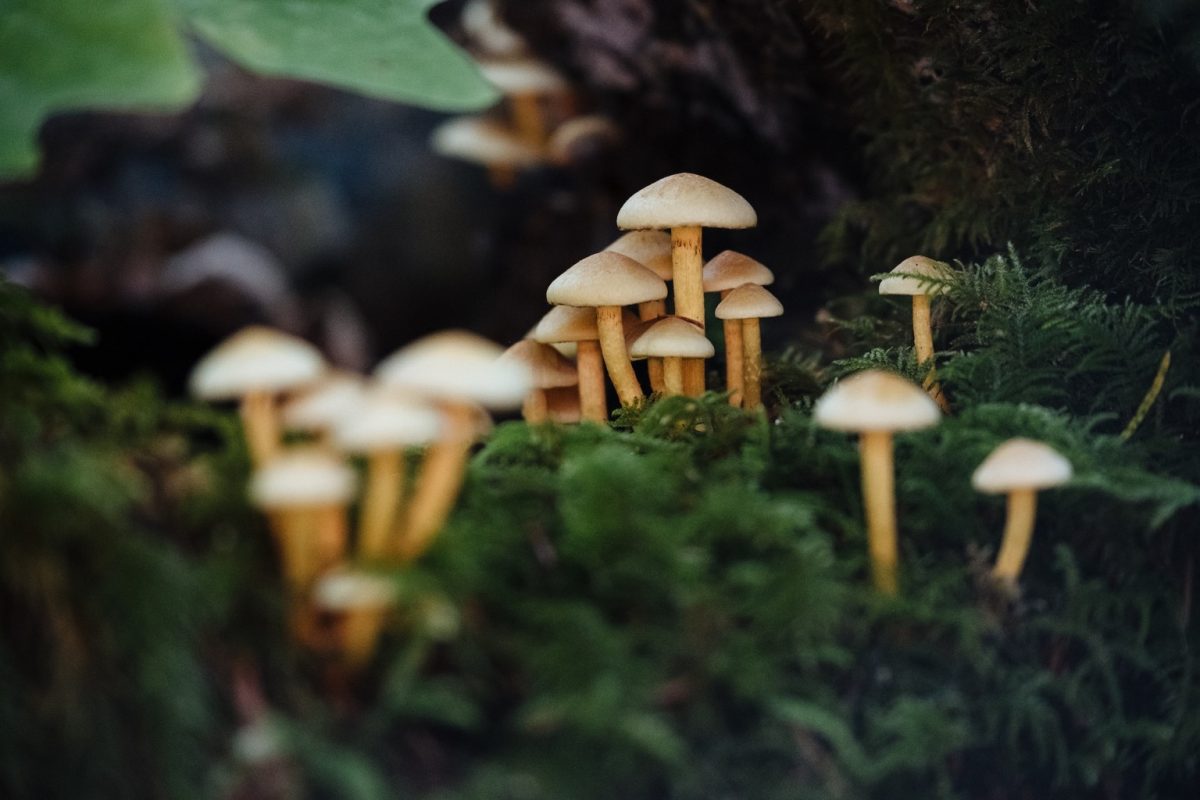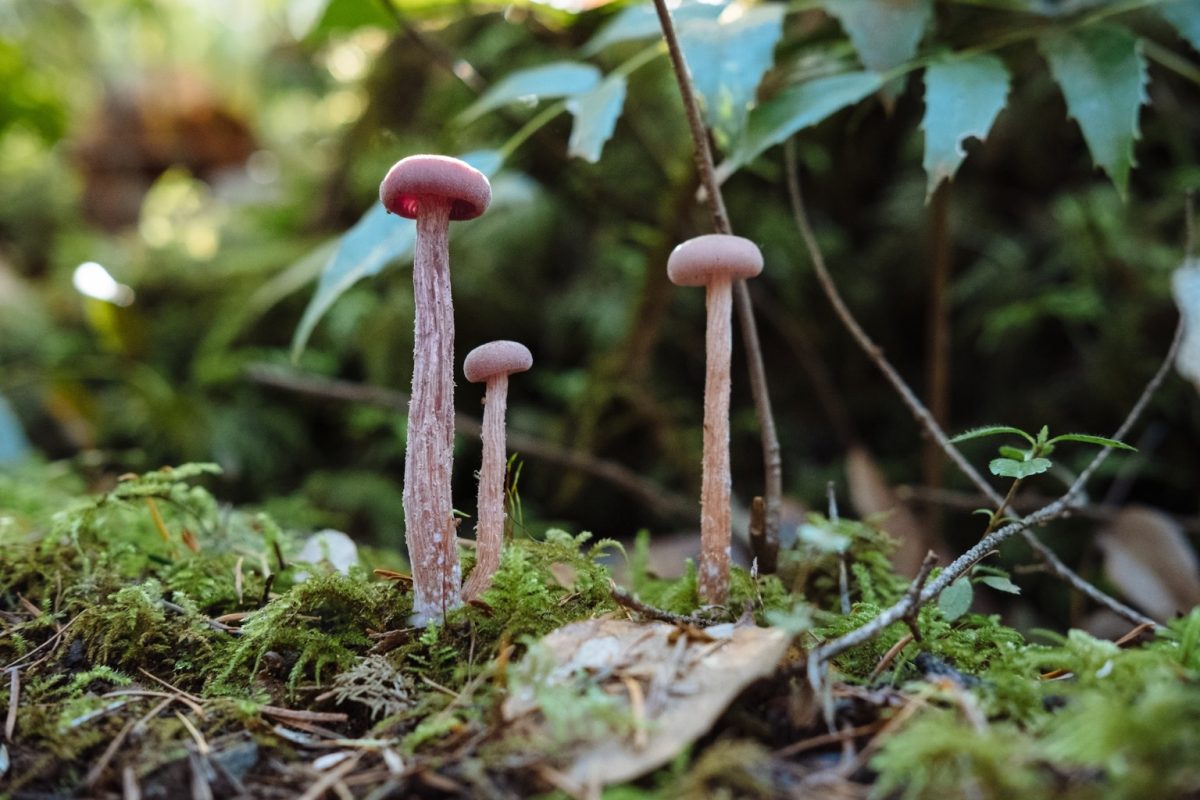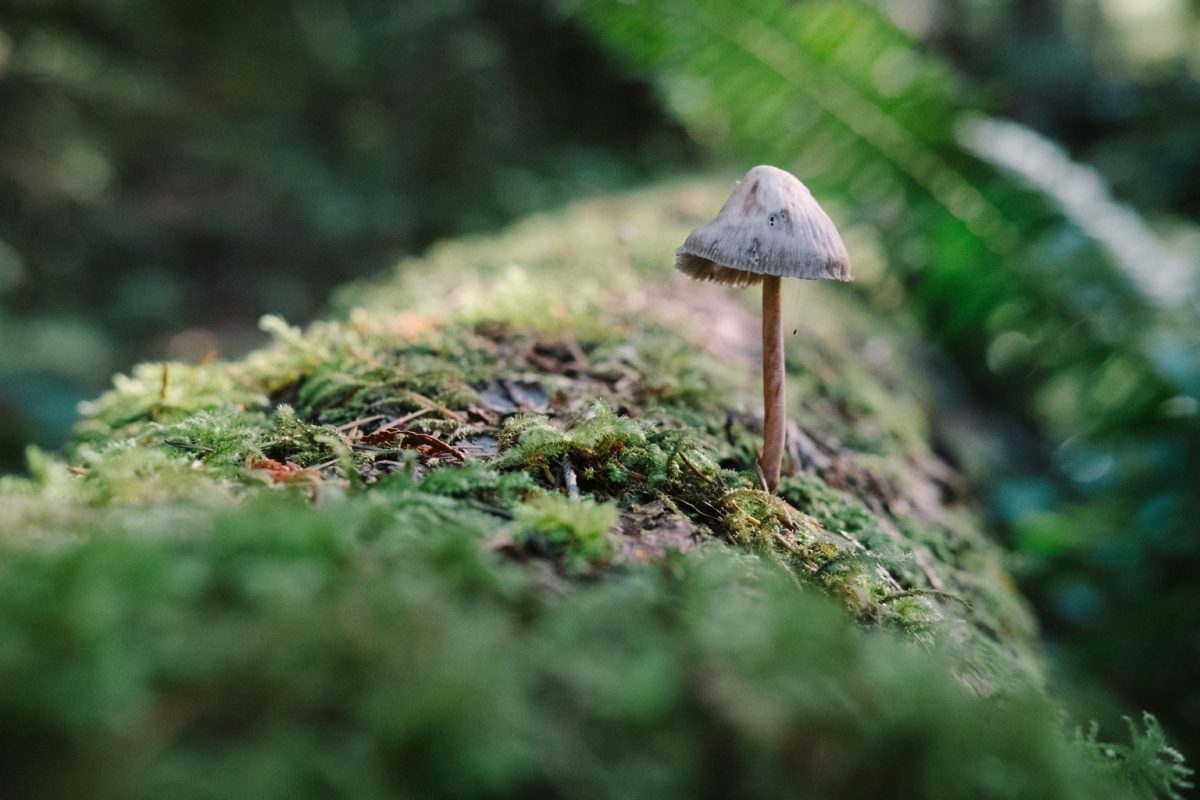Ever sipped on a brew that promises the mystical health benefits of fungi while delivering the energizing kick of coffee, only to pause and wonder, “Is mushroom coffee dangerous?” If your brain has ever buzzed with curiosity over this innovative concoction, part ancient remedy, part modern trend, you're not alone. Today, we’re diving deep into the underexplored world of mushroom coffee to uncover its potential dangers, surprising benefits, and everything in between. Get ready to dismantle myths, decode scientific research, and join the conversation in a way that’s as bold and energetic as your morning cup.
Quick Links to Useful Sections
- What Exactly Is Mushroom Coffee?
- The Rise of Mushroom Coffee in the Modern World
- Dissecting the Claims: Benefits vs. Risks
- Purported Benefits of Mushroom Coffee
- The Dark Side: Potential Dangers and Risks
- Scientific Perspectives: What Does the Research Say?
- Regulatory Oversight and Quality Control: What to Look For
- Potential Side Effects and How to Mitigate Them
- Common Side Effects Reported
- How to Mitigate the Risks
- Mushroom Coffee vs. Traditional Coffee: What’s the Real Difference?
- Myths and Misconceptions Surrounding Mushroom Coffee
- Myth 1: Mushroom Coffee Is a Miracle Cure
- Myth 2: More Is Always Better
- Myth 3: All Mushroom Coffee Is Created Equal
- User Experiences and Case Studies: Real Stories from the Frontline
- Case Study 1: From Coffee Overload to Balanced Energy
- Case Study 2: Handling Allergies and Navigating Side Effects
- Case Study 3: The Caffeine Conundrum
- Resources and Community Support: Your Next Steps
- Understanding the Broader Context: Mushroom Supplements and Modern Health Trends
- FAQs: Your Most Pressing Mushroom Coffee Questions Answered
- Your Journey to Informed, Empowered Coffee Consumption
What Exactly Is Mushroom Coffee?
Mushroom coffee isn’t your grandma’s brew, at least not entirely. It’s a unique fusion of traditional coffee and powdered medicinal mushrooms like reishi, chaga, lion’s mane, and cordyceps. Often celebrated as a healthier alternative to your standard cup of joe, proponents claim it enhances mental clarity, reduces stress, and even boosts immunity. But while these benefits sound like a dream come true for stressed-out Gen-Z and busy millennials, the truth isn’t entirely black or white.
At its core, mushroom coffee is still coffee, meaning it contains the same caffeine content that jolts you awake each morning. However, the added mushrooms are intended to provide adaptogens, compounds that help your body fight stress and maintain balance. But as with any new-wave superfood, the question remains: can these alterations render your favorite beverage dangerous?
As we unravel the story, keep in mind that not every cup is created equal. The quality of the mushrooms, processing methods, and individual health conditions all play a role in whether this brew is a boon or a potential hazard.
The Rise of Mushroom Coffee in the Modern World
Once confined to the secret libraries of ancient herbalists and Eastern medicine practitioners, medicinal mushrooms have now invaded the Western health scene. The bubble of wellness culture, driven by a Gen-Z and millennial thirst for natural remedies, has propelled mushroom coffee into the spotlight. Social media influencers, hip wellness cafes, and trendy online stores swear by its benefits, and its Instagram aesthetics have propelled it into the hearts (and cups) of the digital generation.
Looking For The Best Mushroom Coffee? You'll Love These:
But as mushroom coffee pours into our daily routines, so too does skepticism over its long-term safety. Critics warn of potential underlying dangers from contaminants, improper dosages, or even interactions with your body’s delicate systems. In this section, we’ll explore these concerns, juxtaposing them against the fervor of its supporters.
The skyrocketing interest in mushroom coffee is also a reflection of a broader movement toward holistic health. Consumers are increasingly scrutinizing what they put in their bodies, demanding ingredients that are natural, organic, and sustainably sourced. Yet, this same passion for “clean eating” can sometimes lead to unintended side effects if not properly guided by science.
Dissecting the Claims: Benefits vs. Risks
Mushroom coffee is often hailed as a miracle brew, an elixir that marries the antioxidant boon of coffee with the healing touches of mushrooms. Let’s navigate the swirling sea of claims and balance them with evidence-based insights.
Purported Benefits of Mushroom Coffee
Advocates of mushroom coffee point to a host of benefits that range from reduced inflammation and enhanced immunity to improved cognitive function and mood stabilization. For instance, lion’s mane is credited with supporting brain health, while chaga is renowned for its rich antioxidant properties. Some users even claim fewer jitters compared to standard coffee and an overall smoother energy boost.
With these claims, it’s easy to see why mushroom coffee has become a darling among health enthusiasts. Social media testimonials abound with before-and-after stories of mental clarity, improved focus during marathon study sessions, and a general sense of wellness. However, these benefits are largely anecdotal and vary from person to person.
The Dark Side: Potential Dangers and Risks
On the flip side, some reports suggest that mushroom coffee might not be entirely free of risk. Critics point to several potential dangers:
- Contamination Concerns: Not all mushroom sources are created equal. Poor quality control, improper harvesting, or contamination with heavy metals and toxins are issues some manufacturers have encountered. Always verify that your product comes with third-party testing and certifications.
- Allergic Reactions: For those with sensitivities or allergies to mushrooms, even trace amounts of these fungi in coffee can trigger adverse reactions ranging from mild discomfort to severe allergic symptoms.
- Interactions with Medications: Certain medicinal mushrooms can interact with prescription drugs, affecting blood sugar, blood pressure, or immune system functions. If you're on medication, it’s crucial to consult your healthcare provider before indulging in the trend.
- Overconsumption and Caffeine Risks: Since mushroom coffee is still fundamentally coffee, overconsumption can lead to caffeine-induced ADHD-level hyperactivity, heart palpitations, and even anxiety, especially when combined with the additional bioactive compounds found in mushrooms.
It’s important to note that many of these risks are not inherently unique to mushroom coffee, they are potential issues that can arise with any supplement or alternative health product. However, the fusion of coffee and mushrooms creates an entirely new variable that merits close examination.
So, is mushroom coffee dangerous? The answer isn’t a simple yes or no. It depends on factors like your individual health, the source of the ingredients, and how much of it you consume. As we proceed, we’ll weigh these pros and cons more thoroughly.
Scientific Perspectives: What Does the Research Say?
In the quest for clarity regarding the safety of mushroom coffee, research is your best friend. While the realm of medicinal mushrooms has been studied for centuries in traditional medicine, modern science is catching up, and with mixed results.
Current research largely focuses on the individual components that make up mushroom coffee rather than the final product itself. For example, studies have demonstrated that compounds in lion’s mane support nerve growth factor production, while chaga’s antioxidant properties may help mitigate oxidative stress. However, comprehensive, long-term studies specifically addressing the safety and efficacy of blended mushroom coffee are still in their infancy.
Experts warn that without large-scale clinical trials, it's impossible to definitively rule out potential dangers. This is especially true given the variance in mushroom strains, extraction methods, and brewing techniques. As such, while the preliminary data is promising for many, health-conscious consumers should remain informed and cautious.
Additionally, strain-specific studies indicate that processing methods play a crucial role in determining the final product’s safety. For instance, improperly processed mushrooms may retain compounds that, in high concentrations, could lead to toxicity. Meanwhile, reputable manufacturers invest heavily in quality control to ensure a safe and effective product.
In conclusion, while scientific evidence points to several benefits, it also underscores the necessity for more research into the long-term effects of consuming mushroom coffee. As with any wellness trend, the key is to stay informed, read labels carefully, and seek professional advice if needed.
Regulatory Oversight and Quality Control: What to Look For
The wellness market is booming, and with boom comes a wild west of products ranging from meticulously tested supplements to dubious concoctions lacking transparency. When it comes to mushroom coffee, regulatory oversight is a significant concern.
In many regions, dietary supplements, including mushroom coffee, are not held to the same rigorous standards as pharmaceutical drugs. This means that product labeling, concentration of active ingredients, and even the sourcing of mushrooms can vary widely between brands. So, how can you ensure that the product in your cup is both safe and beneficial?
Here are some key tips:
- Third-Party Testing: Look for brands that proudly display third-party certifications or lab test results verifying the absence of contaminants like heavy metals, pesticides, and mold toxins.
- Transparency in Sourcing: Trustworthy companies provide clear information about where and how their mushrooms are grown, harvested, and processed.
- Clear Dosage Information: Reliable products clearly state the amount of each mushroom extract per serving, allowing you to gauge whether you’re within safe consumption limits.
- Regulatory Compliance: Ensure that the brand complies with local regulations and guidelines for dietary supplements.
By doing your homework and choosing products from reputable brands, you can greatly reduce the risk of encountering dangerous ingredients or improper dosages. Remember: a little research now can prevent a lot of worry later.
Potential Side Effects and How to Mitigate Them
Even if you're cautious, any supplement, mushroom coffee included, can potentially trigger side effects. Knowledge is power, so here’s a rundown of what to expect, along with practical ways to mitigate any risks.
Common Side Effects Reported
Some practical issues to be aware of include:
- Digestive Upset: Some users have reported stomach discomfort, bloating, or nausea, possibly due to the adaptogenic compounds or a sudden change in caffeine intake.
- Allergic Reactions: As mentioned earlier, if you have a mushroom allergy or sensitivity, even the small amounts used in mushroom coffee might induce symptoms such as itching, rashes, or respiratory distress.
- Caffeine-Related Effects: Since mushroom coffee still contains caffeine, overconsumption can lead to headaches, jitteriness, and difficulty sleeping.
How to Mitigate the Risks
Prevention is always the best medicine. Here are some strategies to help you enjoy your mushroom coffee safely:
- Start Small: If you’re new to mushroom coffee, begin with a smaller serving to see how your body responds. Gradually increase the dose as you monitor for any side effects.
- Monitor Your Body: Keep a journal noting how you feel after each cup, this can help you identify any correlations between consumption and adverse symptoms.
- Consult a Professional: If you have underlying health conditions or are taking medication, get personalized guidance from a healthcare professional familiar with nutritional supplements.
- Quality Over Quantity: Invest in high-quality mushroom coffee from reputable brands to minimize risks associated with contaminants or improper processing.
- Mix It Up: Consider alternating between regular coffee and mushroom coffee to prevent excessive caffeine intake and allow your body to adjust.
By being proactive and mindful about your consumption habits, you can enjoy the benefits of this trendy brew while minimizing potential adverse effects.
Mushroom Coffee vs. Traditional Coffee: What’s the Real Difference?
At first glance, mushroom coffee might appear to be just another coffee alternative. However, when you dive into the finer details, the contrasts between mushroom coffee and traditional coffee reveal a complex interplay of benefits and risks.
Traditional coffee is known for its robust flavor and high caffeine content, which can be both a blessing and a curse. While it boosts alertness and enhances energy levels, excessive caffeine may lead to negative health consequences such as jitteriness, insomnia, or increased heart rate.
Mushroom coffee, by contrast, infuses your daily dose of caffeine with additional bioactive compounds from mushrooms. This combination is touted to provide a smoother, more balanced energy boost with fewer of the notorious coffee jitters. On the flip side, these added compounds might introduce a new set of variables into your system, which could be potentially harmful if the product quality is subpar.
While traditional coffee has been studied extensively over decades, the research on mushroom coffee is still emerging. It means that while enthusiasts may swear by its benefits, caution is warranted until more comprehensive scientific data is available.
Myths and Misconceptions Surrounding Mushroom Coffee
As with any trailblazing health trend, mushroom coffee is surrounded by a host of myths and misconceptions. Let’s debunk a few popular ones that you might have come across:
Myth 1: Mushroom Coffee Is a Miracle Cure
While the touted benefits of mushrooms like lion’s mane or reishi are exciting, it’s important to remember that no single beverage can cure all ailments. Mushroom coffee can be a helpful addition to a balanced diet and healthy lifestyle, but it isn’t a substitute for proper medical treatment.
Myth 2: More Is Always Better
Some enthusiasts mistakenly believe that drinking large amounts of mushroom coffee will exponentially boost its remedial effects. However, overconsumption can lead to unwanted side effects, not to mention the natural caffeine overload that might cause more harm than good.
Myth 3: All Mushroom Coffee Is Created Equal
Quality matters, a lot. The efficacy and safety of mushroom coffee depend heavily on factors such as mushroom species, extraction methods, and the overall production process. Not all products are manufactured under strict quality controls, so doing your homework before you buy is essential.
These myths underline the importance of approaching mushroom coffee with a healthy dose of skepticism. Enjoy it, but do so mindfully.
User Experiences and Case Studies: Real Stories from the Frontline
Anecdotal evidence is a powerful force in the wellness community, and the voices of those who have experienced mushroom coffee firsthand offer invaluable insights. Whether you’re a staunch advocate or a cautious skeptic, understanding real user experiences can help shape your perspective.
Case Study 1: From Coffee Overload to Balanced Energy
Jasmine, a 27-year-old digital creator, was known for her relentless caffeine binges that often ended in anxious spins and mid-day crashes. After switching to a reputable mushroom coffee blend, she noticed a calmer energy flow and a reduction in the jittery side effects she once experienced. While she isn’t claiming it to be a miracle cure, Jasmine credits the adaptogenic properties of the mushrooms with helping her maintain focus during long editing sessions.
Case Study 2: Handling Allergies and Navigating Side Effects
For Marcus, a 32-year-old wellness blogger with a mild mushroom allergy, the switch to mushroom coffee was a delicate balancing act. Initially, he experienced slight digestive discomfort and skin rashes after ingesting a blend without rigorous quality control. After switching to a verified and high-quality product, the symptoms subsided, teaching him the critical lesson of sourcing and moderation.
Case Study 3: The Caffeine Conundrum
Emily, an MBA student with a demanding schedule, was drawn to mushroom coffee’s promise of a balanced energy boost without the traditional coffee crash. However, she initially struggled with the realization that, despite the benefits, the inherent caffeine content still required moderation. By alternating her morning routine between mushroom coffee and herbal tea, Emily was able to optimize her energy levels and reduce overstimulation.
These case studies remind us that individual experiences vary widely. The key is to stay informed, pay attention to your body’s reactions, and adjust your consumption habits accordingly.
Resources and Community Support: Your Next Steps
Navigating the mushroom coffee landscape can feel like exploring uncharted territory, but you’re not alone. The digital age has spawned a wealth of resources, expert communities, and online forums dedicated to unraveling the complexities of this trendy brew.
Begin by connecting with wellness influencers and community groups on platforms like Instagram, Reddit, and Facebook where like-minded individuals share tips, recent studies, and product reviews. Engaging in honest conversations and learning from collective experiences can empower you to make informed choices.
Additionally, consider following recognized nutrition experts and mycologists who frequently publish articles and host webinars addressing the benefits and potential risks of medicinal mushrooms. These trusted voices often provide balanced perspectives supported by the latest scientific findings.
If you’re curious about trying mushroom coffee for yourself, prioritize purchasing from reputable brands with transparent quality control processes. Many companies host Q&A sessions, live chats, and interactive webinars where you can ask about their harvesting practices and lab testing standards, resources that can help ease any concerns about safety.
Remember, your health is a personal journey. Use these resources as stepping stones toward a more informed understanding and actively participate in the growing conversation about the future of wellness beverages.
Understanding the Broader Context: Mushroom Supplements and Modern Health Trends
Mushroom coffee is just one facet of the larger movement towards functional foods and dietary supplements. With the rising demand for products that not only provide nutrition but also support holistic wellness, the integration of mushrooms into various forms of supplements, from teas and powders to capsules, has captured the attention of health aficionados and researchers alike.
The modern health landscape is defined by a quest for balance: balancing the stimulating effects of caffeine with calming, healing adaptogens. In exploring this balance, mushroom coffee serves as an experimental bridge between ancient traditions of mushroom medicine and contemporary nutritional science. However, with every new innovation comes the risk of unintended side effects and the need for rigorous quality assessments.
As the debate over whether mushroom coffee is dangerous evolves, one thing remains clear: consumers must remain vigilant, conduct independent research, and use high-quality, well-sourced products. The field is in a state of continuous exploration, and what we learn today may very well transform the wellness products of tomorrow.
FAQs: Your Most Pressing Mushroom Coffee Questions Answered
We know you have questions swirling in your head about this mushroom-infused brew. Here’s a roundup of the most frequently asked questions that dissect the safety, benefits, and potential risks of mushroom coffee:
1. Is mushroom coffee dangerous?
Mushroom coffee itself isn’t inherently dangerous for most people if consumed in moderation and sourced from reputable suppliers. However, potential risks such as contamination, allergic reactions, or negative interactions with medications may arise in some individuals.
2. Can I experience allergies from mushroom coffee?
Yes, if you have a pre-existing mushroom allergy or sensitivity, even the small quantities used in mushroom coffee might trigger allergic reactions. Always consult your doctor if you’re unsure.
3. How do I ensure the quality and safety of mushroom coffee?
Look for products that offer third-party testing certifications, clear sourcing information, and transparent labeling of active ingredients. This way, you minimize the risk of contaminants and get a consistent product.
4. Are the health benefits of mushroom coffee scientifically proven?
While there is promising research on the individual medicinal mushrooms, comprehensive studies on mushroom coffee as a blend are limited. More research is needed to confirm long-term benefits.
5. Can mushroom coffee interact with my medications?
Certain compounds in medicinal mushrooms might interact with medications, especially those affecting blood pressure or the immune system. It’s important to discuss with your healthcare provider before making it a regular part of your routine.
6. What side effects should I watch out for?
Common side effects include digestive upset, mild allergic reactions, or caffeine-related symptoms like jitteriness. Starting with a small amount and monitoring your response is the best approach.
7. How does mushroom coffee differ from traditional coffee?
While both beverages contain caffeine, mushroom coffee includes additional bioactive compounds from medicinal mushrooms that may provide extra health benefits or, in some cases, introduce risks if quality is compromised.
8. Should I substitute my regular coffee with mushroom coffee entirely?
It depends on your personal health goals and tolerance levels. Some prefer alternating between the two to enjoy the benefits of both, while others use mushroom coffee as a special functional beverage.
Your Journey to Informed, Empowered Coffee Consumption
Navigating the complex world of mushroom coffee requires more than just a taste for trendy beverages, it requires awareness, curiosity, and a willingness to ask the hard questions. Today, we’ve dissected the claims, balanced potential benefits with risks, and provided you with tools and insights to decide if mushroom coffee is right for you.
Whether you’re attracted by the promise of a smoother caffeine buzz or intrigued by the adaptogenic power of mushrooms, the important takeaway is to always stay informed. Embrace the excitement of new trends, but ground your choices in quality research and reliable sources.
Remember, every cup you sip contributes to a broader dialogue about what it means to nurture our bodies in a fast-paced world. With the surge of innovative health products hitting the market, empowered consumption is all about balancing enthusiasm with caution. May your coffee journey be as robust, thoughtfully brewed, and uniquely personal as the blend in your cup.
Cheers to making informed decisions and enjoying the journey one sip at a time!
Looking For The Best Mushroom Coffee? You'll Love These:
Useful Interruption: Dive deeper into the world of Mushroom Coffee with our most popular sections. If there is anything you think is missing or anything you would love for us to write about, just give us a shout.
- Mushroom Coffee Equipment & Product Reviews
- Mushroom Coffee Recipes & Creative Variations
- Mushroom Coffee Guides & Troubleshooting
- Mushroom Coffee Brewing & Preparation Techniques
- Model Rocket Advanced Rocketry & Innovations
- Mushroom Coffee Fundamentals
- Model Rocket Equipment Reviews & Digital Tools
- Mushroom Coffee Health Benefits & Wellness
- Mushroom Coffee Mycology & Scientific Insights
- Mushroom Coffee Community, Lifestyle & Engagement
I tried mushroom coffee this morning and told my friend, "This brew is spore-tacular!" He shot back, "Guess that's why it's such a cap-tivating way to kickstart your day!"

